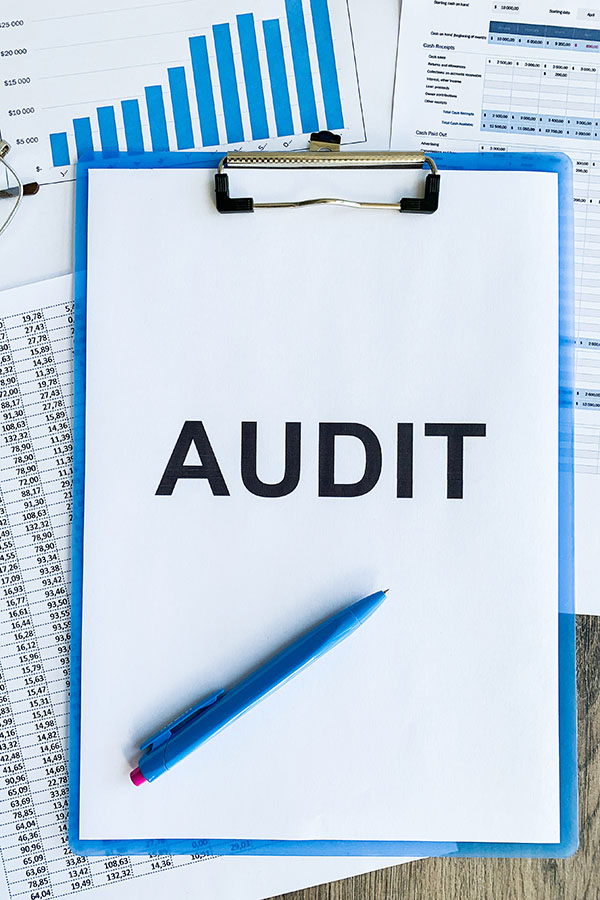Office Hours: 10:00am-08:00pm
Office Hours: 10:00am-08:00pm
Audit services, both internal and external, play a crucial role in ensuring the accuracy, reliability, and integrity of financial information within an organization. These services are typically performed by certified professionals, often certified public accountants (CPAs), and are governed by established auditing standards. Here’s a brief description of internal and external audit services

Internal audits are conducted by an organization’s internal audit department or outsourced to a third-party firm.
The primary objective is to evaluate and improve the effectiveness of risk management, control, and governance processes within the organization.
Internal audits cover a broad range of areas, including financial controls, operational efficiency, compliance with policies and regulations, and safeguarding of assets.
They may also assess the reliability of financial reporting and the overall efficiency of business processes.
Key Activities:
Frequency:
Internal audits are typically conducted on a regular basis, often throughout the year, depending on the organization’s size and complexity.
External audits are conducted by independent external audit firms.
The primary objective is to provide an opinion on the fairness and accuracy of an organization’s financial statements, ensuring they present a true and fair view.
External audits focus primarily on financial statements, examining transactions, balances, and disclosures to ensure they comply with accounting standards and are free from material misstatements.
Key Activities:
Frequency:
External audits are typically conducted annually as a statutory requirement for publicly traded companies. Private companies may also opt for external audits for various reasons, such as regulatory compliance, obtaining financing, or providing assurance to stakeholders.

In summary, internal and external audits serve distinct but complementary purposes, contributing to the overall governance, risk management, and compliance framework of an organization.